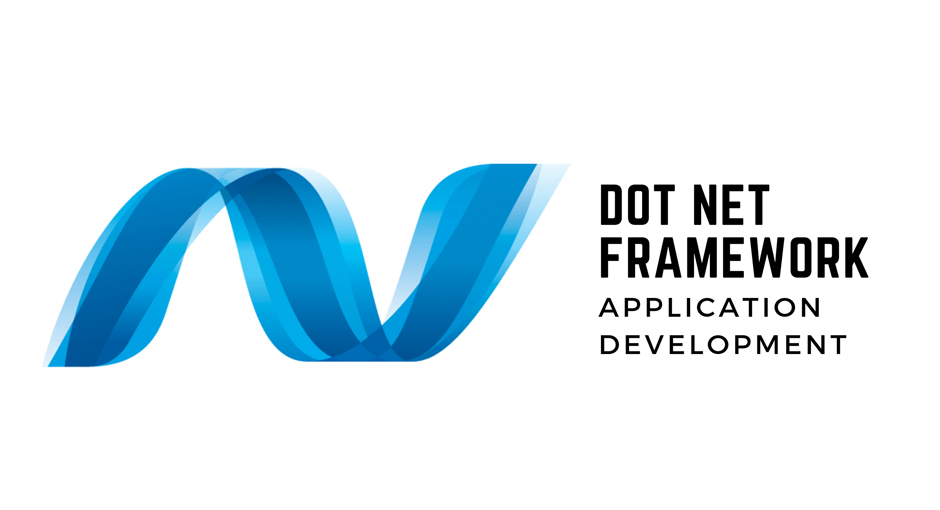Advantage of using DotNet

The object-oriented software development model
.NET is based on object-oriented programming (OOP). OOP is a development model, and It builds software into smaller pieces that are easier to combine and manage. OOP categorizes data into objects, i.e., data fields, and describes objects' behavior and contents through the declaration of classes.
A modular structure helps define the behavior of objects and their interactions without managing object personal attributes. OOP uncomplicated programming by making the code manageable, more comfortable to test, and respond to recurring problems. It also removes unwanted programming and generally means less coding for developers. .NET makes it reuse code and components, save time, and the amount of development.
simple and Reliable caching system
Caching states that keeping data in a temporary storage place to bring it faster when required. The stored data is the conclusion of an earlier information request or the duplicate of data stored in other areas that would take longer to retrieve.
The caching system in .NET is sturdy and straightforward to use. It's also designed to be extendable. The Object Cache class grants developers to build a custom cache implementation to be used for improving the scalability and performance of server applications and Windows clients.
Visual Studio IDE
An Integrated Development Environment (IDE) is an individual product for programmers, which makes application development more comfortable by granting all the tools required to test and write applications.
Visual Studio is a Microsoft IDE used to debug, building, and publishing applications across all platforms, inclusive of iOS and Android. The Visual Studio is combined with .NET and provides the features of the language-specific environment.
The Major features of the Visual Studio IDE:
- It's used as an individual IDE for all .NET applications
- The IDE has combined compilation and debugging features
- The fix can be used for applications based on code written in different languages
- The Visual Studio provide customizing the environment to match user preferences
On the above of that, Visual Studio Marketplace allows a vast range of editor extensions from Microsoft and other providers to enable team collaboration, third-party connections, continuous integration, cloud development management, etc.
Cross-platform architecture of .NET Core
.NET Core is a cross-platform .NET implementation that provides the code to run on Windows, OS X, and Linux.
the original .NET framework – which is not fully open open-source – .NET Core is open source code which makes sure that a wide Developers community can frequently contribute to its development.
If you're writing in F#, C#, or Visual Basic, your code will run on each of the compatible operating systems. It enables businesses to reach a large variety of platforms staying within the .NET ecosystem. At the same time, the cross-platform design ensures that the whole .NET community with a large pool of different engineering skillsets shares the experience.
Flexible deployment and easy maintenance
One of the essential .NET Core characteristics is flexible delivery. The standard design allows for including all the dependencies you require. The delivery itself is as easy as copying a folder.
Another advantage is that you can have several .NET Core versions running parallelly on the same machine to cover various projects and smoothly perform deployment tasks.









Add comment